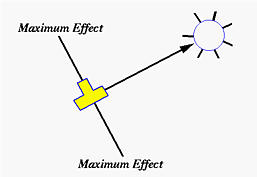Brighter Day
TPF Noob!
- Joined
- Aug 6, 2023
- Messages
- 26
- Reaction score
- 15
- Location
- Ellensburg, Washington
- Can others edit my Photos
- Photos NOT OK to edit
I have a Hoya NXT Plus circular polarizer, that I cannot see polarizing the light thru the camera. I have tested the filter at home, and have gotten black while looking at a lamp while wearing polarizing sunglasses. Testing it outside the effect is very subtle and it's tough to tell the darkened sky. I am wondering if there are anytips for working with these. I am mostly working with pale blue skies, wanting to darken it.










![[No title]](/data/xfmg/thumbnail/31/31091-00a77a1c08cddcf7dc236d9317f868d2.jpg?1734159229)

![[No title]](/data/xfmg/thumbnail/31/31092-7ba73f844ad8efedd3d5fd94799a866d.jpg?1734159234)

